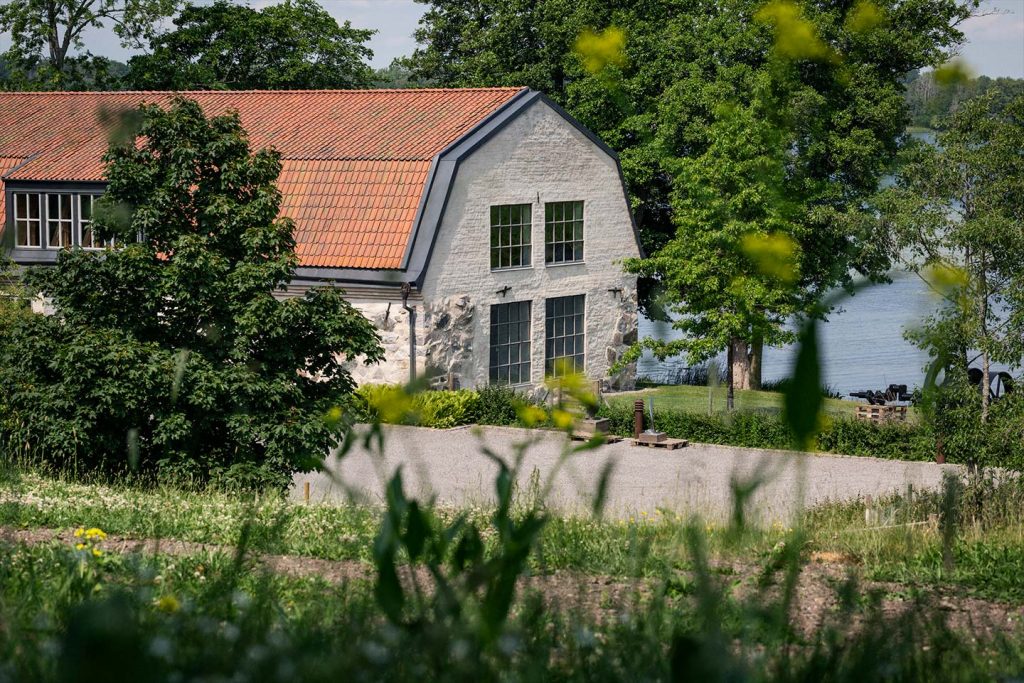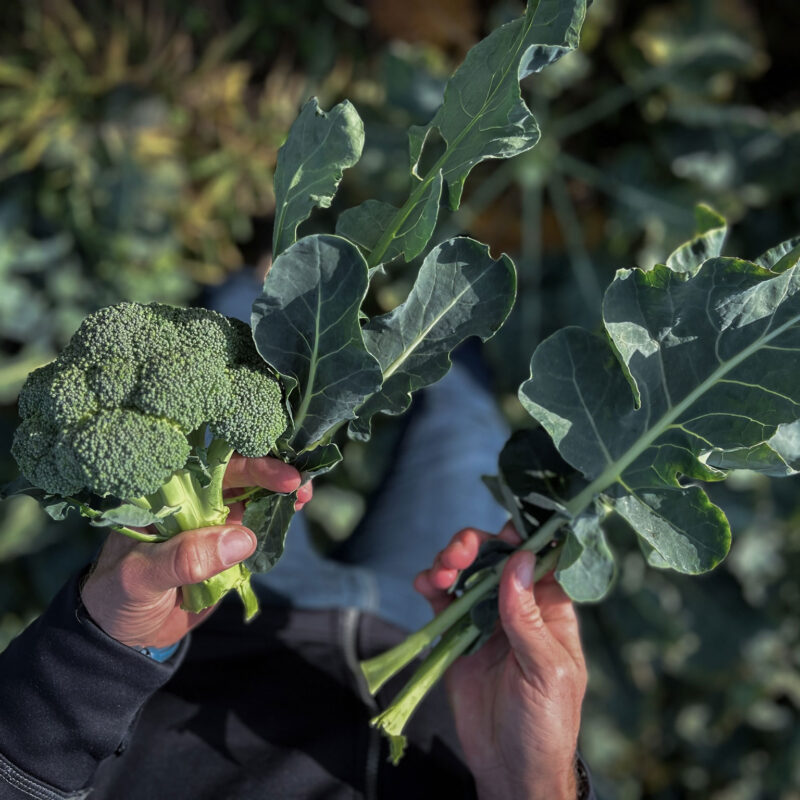Future Food
The global food production and consumption drastically affect the environment, the climate and people’s health. The challenges are piling up; eutrophication, degradation of the soil, declining biodiversity, over-usage of antibiotics, deforestation and more. At the same time the global population increases, which will in turn grow the demand for more food and food with better nutritional content. There is a need for more initiatives aimed at working towards a different system to solve this equation. Axfoundation gathers representatives from the whole food-chain in the program Future Food to jointly find the solutions to complex problems. They represent primary producers, researchers, food processors, chefs and entrepreneurs.

Today's food production and consumption affect the environment, the climate and people’s health.
The Issue
The food sector accounts for close to a third of global greenhouse gas emissions, 75-80% of the loss of biodiversity, 70% of freshwater use and 100% of the impact on biogeochemical flows (nitrogen and phosphorus). As much as a third of everything we produce is wasted.
Concurrently, the population is increasing globally, which requires more resource efficiency and more nutritious food. To feed the world’s growing population without risking catastrophic environmental and health consequences, we must change the way we produce and consume our food.
The Climate
The food sector is responsible for a third of all global greenhouse gas emissions. As much as 23 % come from farming. These emissions are, for example, nitrous oxide and carbon dioxide that are released from arable land and soils, methane gas from beef cattle as well as carbon dioxide from farm machinery and transport. It is crucial that global warming doesn’t exceed 1.5 degrees. To reach that target the emissions have to be halved by 2030. The agricultural sector simply has to store more carbon than it releases.
The Environment
Agricultural land accounts for 40 % of the earth’s landmass and affects the environment in multiple ways. Leakage into the sea and watercourses of nutrients such as nitrogen and phosphorus contribute to eutrophication. Soil, the basis of all our food production, is degraded, polluted and eroded in many places around the world, leading to a long-term decline of production capacity, with a lower yield from soils of lower quality. Farming not only uses 70 % of the fresh water globally, it is also the single biggest cause of loss of biodiversity.
The Food
Since the world’s population is increasing, more food must be produced with better nutritional content in a sustainable manner. We eat an increasingly one-sided diet, where only four ingredients – wheat, corn, rice and soy – are making up two thirds of the global food supply. These crops are cultivated in enormous monocultures. In our part of the world, the protein source is primarily animal protein. The hunt for cheap meat fuels the usage of antibiotics in food producing animals, which is one of the reasons for antibiotic resistance.

Torsåker gård – a development center for sustainable food
About the Program
The program Future Food uses four focus areas to address the problem: Sustainable agricultural methods, Sustainable seafood, Sustainable Resource use and Sustainable meals. Together with the academy and actors throughout the food chain, we run projects to develop solutions for the sustainable food systems of the future. Pivotal to the program is Axfoundation’s own operations at Torsåker, a test farm for the sustainable food system of the future. Torsåker will be a catalyst that contributes to developing Sweden’s future sustainable production, innovation, knowledge transfer, product development and food consumption.
Torsåker Farm
Torsåker farm is Axfoundation’s center for future food. Here we want to help accelerate the transition to sustainable food systems – for the climate, the environment and public health. Together with researchers and practitioners, we evaluate sustainable farming and aquaculture methods, test grow new as well as old crops, identify residual currents to create circular solutions, and take the results from the field and water straight into the processing in Ladugården’s test kitchen, restaurant kitchen and bakery. The ambition is to increase the pace of sustainable food innovation.
”We hope that Torsåker Farm will be a catalyst that contributes to the development of future food through knowledge transfer and sustainable innovations in everything from primary production to consumption.” – Madeleine Linins Mörner, Program Director for Future Food, Axfoundation
Results
In Axfoundation’s Progress Report – Act to Inspire & Inspire to Act – we share a selection of successful results from the program area, but we also share examples of when things didn’t go quite as planned. Because it takes courage to fail in order to innovate and accelerate solutions for a more sustainable world.

























































